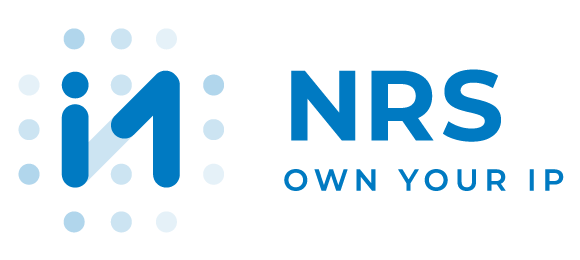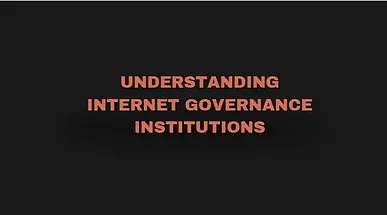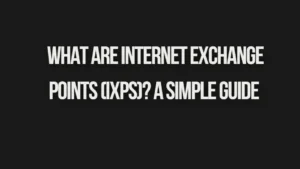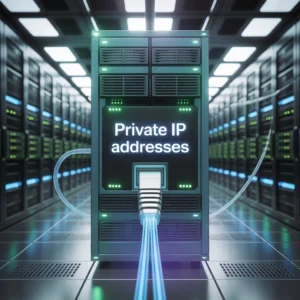In today’s digitally connected world, the internet has transformed how we interact, conduct business, and obtain information. However, to assure the internet’s continuous growth and stability, a complicated governance framework including various entities is in place. Among these, three key institutions stand out for their important contributions to internet governance: the Internet Corporation for Assigned Names and Numbers (ICANN), the International Telecommunication Union (ITU), and the Internet Governance Forum. The Internet Society (ISOC) also plays an important role in campaigning for an open, globally connected internet.
Internet Corporation for Assigned Names and Numbers (ICANN):
ICANN is the central authority responsible for overseeing the maintenance and processes of many databases connected to the internet’s namespaces and numerical spaces. Since its inception in 1998, ICANN has played a critical role in managing the domain name system (DNS) and allocating IP numbers. Its major goal is to assure the secure and robust operation of the internet’s unique identifier systems.
ICANN uses a multi-stakeholder model, involving governments, companies, technical experts, civil society organizations, and internet users in decision-making processes. This inclusive approach encourages transparency, accountability, and consensus-driven policymaking. Through its several supporting organizations and advisory committees, ICANN promotes worldwide collaboration on internet governance issues, ensuring that varied perspectives are taken into account when developing internet policies and standards.
International Telecommunication Union (ITU)
The International Telecommunications Union (ITU) is a United Nations specialized organization in charge of international telecommunications and information and communication technology. The ITU, founded in 1865, is a key player in developing worldwide standards for telecommunications networks and services. While the ITU has generally focused on traditional telecommunications technologies, it has recently broadened its scope to include internet-related challenges.
The ITU’s internet governance operations include promoting inexpensive and universal broadband access, supporting cybersecurity and privacy, and tackling digital divide concerns. The ITU’s membership-based structure and participatory methods bring together governments, industry stakeholders, and civil society organizations to discuss and establish internet governance policies. By encouraging international cooperation and collaboration, the ITU helps to create a more inclusive and accessible internet for everyone.
Internet Governance Forum (IGF):
The Internet Governance Forum (IGF) is a global multi-stakeholder platform founded by the United Nations in 2006 to promote dialogue and collaboration on internet governance concerns. Unlike previous intergovernmental organizations, the IGF serves as a place for open and inclusive dialogue, bringing together a diverse range of stakeholders from government, civil society, the commercial sector, academia, and the technical community.
The IGF’s mandate is to foster educated and inclusive discussion of major internet governance problems such as digital rights, cybersecurity, online privacy, and information access. The IGF, through its annual meetings and regional and national initiatives, provides a forum for stakeholders to exchange ideas, share best practices, and detect emerging trends and concerns in internet governance. The IGF promotes communication and cooperation among stakeholders, which helps to establish consensus-based solutions to complicated internet governance issues.
Internet Society (ISOC):
The Internet Society (ISOC) is a nonprofit organization created in 1992 with the purpose of promoting the open creation, evolution, and usage of the internet for the benefit of all people worldwide. ISOC promotes for policies and practices that promote an open, globally connected internet, aiming to guarantee that it remains a reliable resource for all.
ISOC carries out a variety of actions to accomplish its objective, including policy lobbying, capacity building, and technical standards development. ISOC works through its global chapters and individual members to promote awareness about major internet governance issues and enable stakeholders to participate in decision-making processes that shape the internet’s future. Additionally, ISOC plays an active role in supporting the development of internet infrastructure, fostering digital literacy, and pushing for internet access as a fundamental human right.
Finally, the four key institutions that shape internet governance are the Internet Corporation for Assigned Names and Numbers (ICANN), the International Telecommunication Union (ITU), the Internet Governance Forum (IGF), and the Internet Society (ISOC). These institutions collaborate to promote an open, inclusive, and secure internet that encourages global innovation, economic growth, and social development.




very good publish, i definitely love this website, carry on it